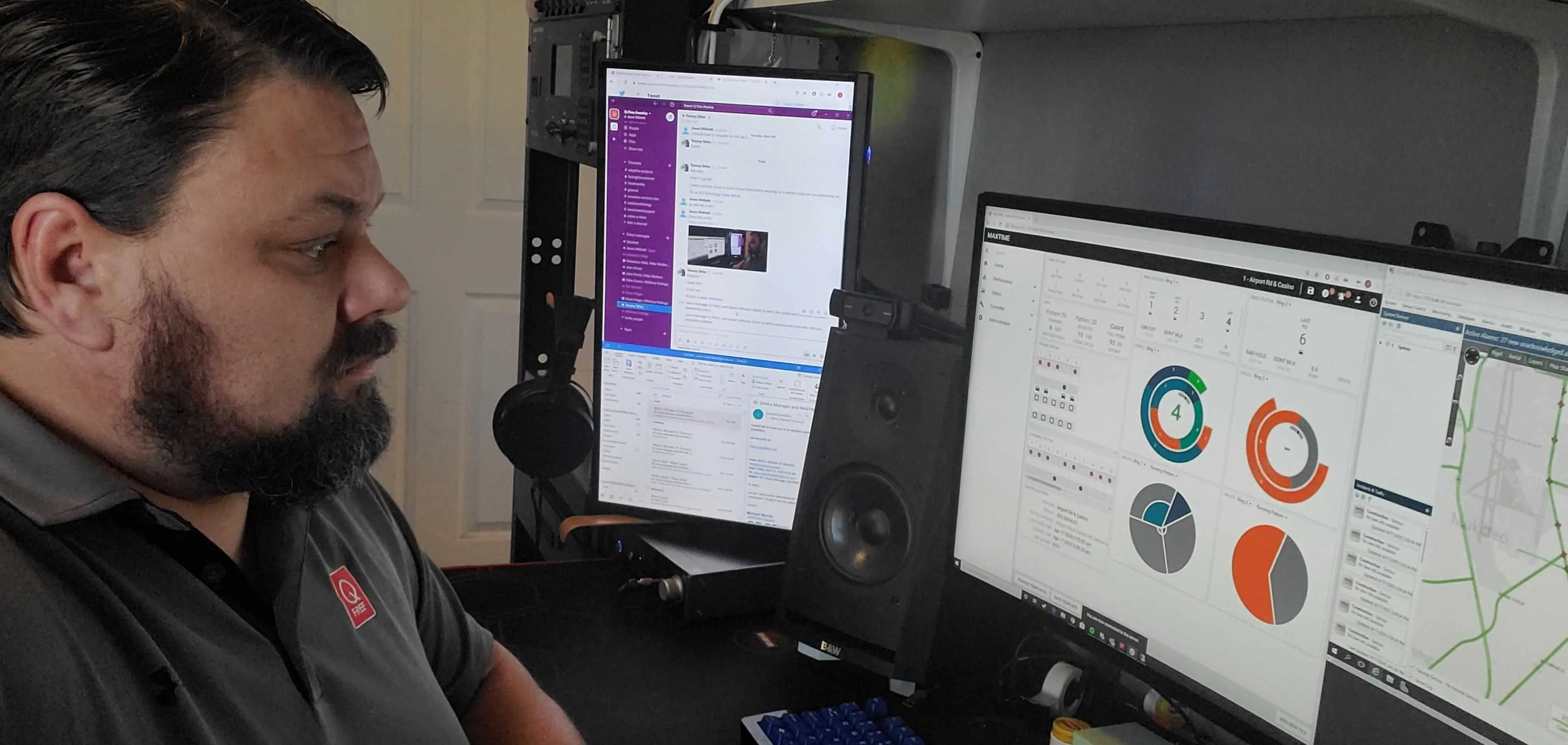
The company is using its Intelight solution to modernise legacy traffic signal infrastructure, working with distributor AM Signal.
“The project is already moving forward safely and on time using Q-Free’s remote installation technology, helping to limit in-person interaction during the Covid-19 pandemic,” the firm says.
The solution includes Intelight Maxview ATMS, Maxtime and 2070 LDX ATC controllers and will deliver advanced traffic signal performance measures to optimise traffic signal timing, as well as transit signal priority to improve arrival times and support for connected vehicles and adaptive traffic signal control to reduce emissions and make traffic flow more efficient.
Q-Free says a major advantage of Maxtime is the capacity to integrate fully with other vendors’ equipment.
Q-Free operates with open management information bases (MIBs) – it is behind the #FREETheMIBs campaign – and says this will allow Greeley to purchase a central management system from another vendor in future “freely without expensive and unnecessary retrofits and upgrades”.
Tom Stiles, executive vice president of urban solutions, says: “The fact that we can continue the installation with minimal risk to personnel or public safety during this unprecedented time is a testament to our proven technology, experience, and the skill-set of all partners involved.”
During the pandemic, Q-Free says it will take a financial hit but insists that manufacturing of tolling and traffic management equipment “is expected to continue without significant disruptions” and software deployment “can also continue without significant problems”.








